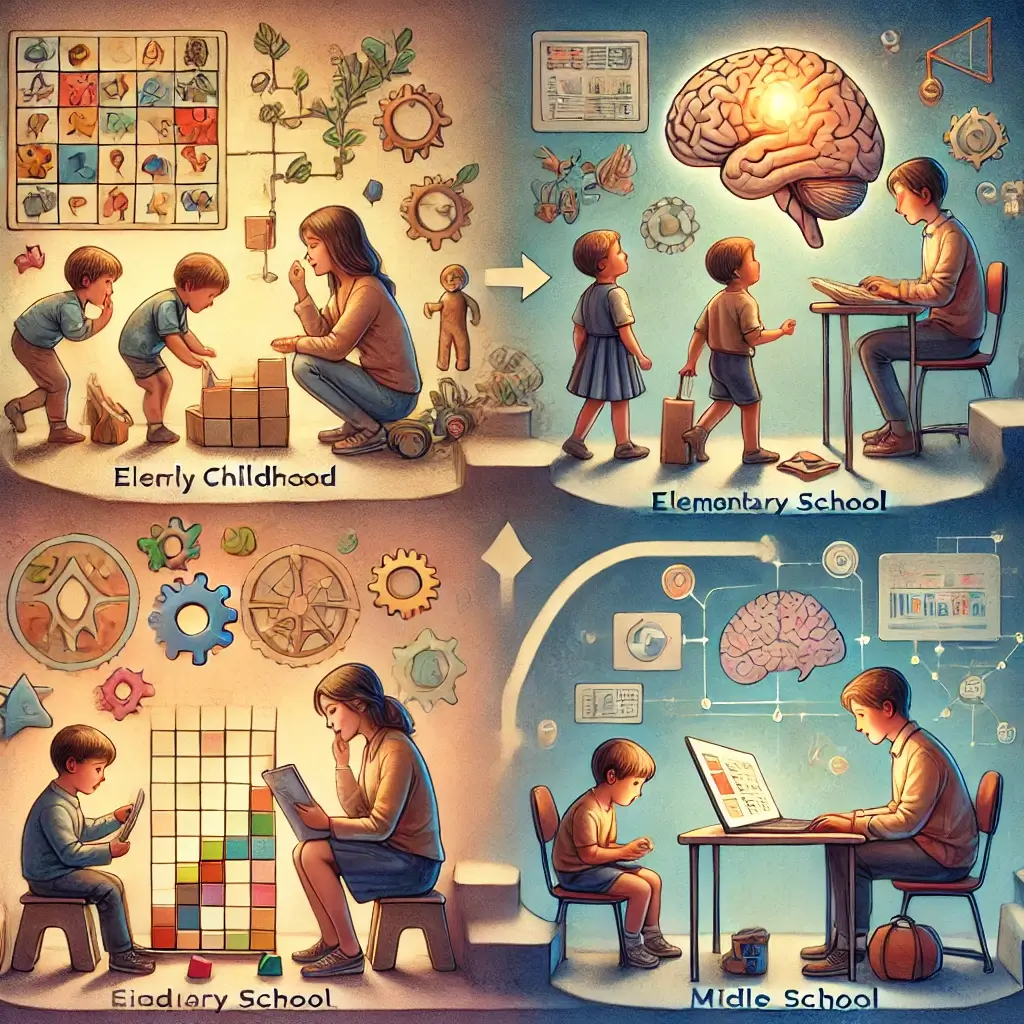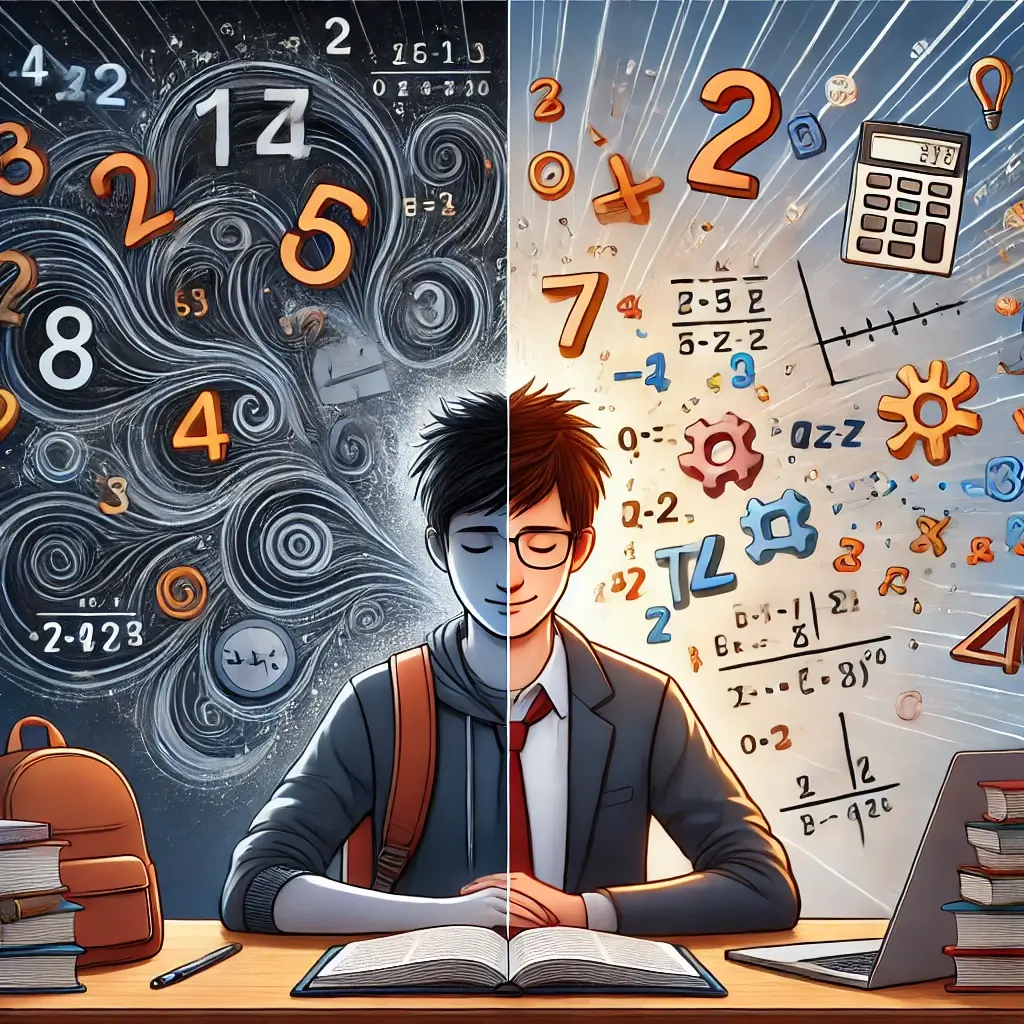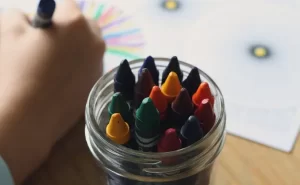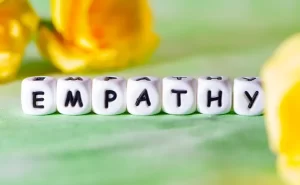Breaking Free: How to Protect Your Teen from Video Game Addiction
Signs and Symptoms:
Excessive Gaming Time: This is a major signal. Teenagers suffering from addiction may prefer gaming over other key activities such as homework, socializing, hobbies, and spending time with family. They may play for hours on end, ignoring sleep and responsibilities.
Withdrawal Symptoms: When teens are unable to play, they may become angry, worried, or depressed. They may have desires or urges to play and get restless when not playing.
Neglecting Other Aspects of Life: Gaming addiction can result in decreased academic performance, strained relationships with friends and family, and a loss of interest in previously valued hobbies.
Deception or Secrecy: Teens addicted to gaming may lie about how much time they spend playing or hide their gaming habits.
Impact on Mental Health:
Excessive gaming can have serious and long-term consequences for one’s mental health. Individuals who spend an excessive amount of time gaming may experience heightened anxiety and tension, as the continual stimulation and pressure to perform well in the virtual world can hurt their mental well-being.
Prolonged gaming exposure can also lead to the development of depressive symptoms since the individual may retreat from real-world social connections and struggle to engage in other meaningful activities.
Furthermore, the solitary character of overeating might exacerbate mental health issues. As individuals spend more time immersed in gaming, they may become more isolated from their friends, family, and the larger social support network essential for sustaining good mental health.
This social isolation can exacerbate feelings of loneliness, low self-esteem, and alienation from the outside world.
Factors that Contribute to Addiction:
Escape and Relaxation: Video games can help you escape reality and unwind. However, for teenagers dealing with stress or social anxiety, gaming may become a harmful coping technique.
Social Connection and Community: Online games can help kids feel a sense of belonging and social connection, especially if they struggle to socialize offline. However, this can become a substitute for in-person social engagement.
Reward System and Achievement: Many video games are intended to be highly rewarding, with points, awards, and virtual progression that can activate the brain’s reward system and foster addictive behaviors.
How to Help Teenagers:
Open Communication: Talk to your teen about healthy gaming practices and the dangers of addiction. Listen to their viewpoints and concerns without passing judgment.
Set Boundaries and Limitations: Create explicit rules and time limitations for video gameplay. Consider offering rewards for adhering to these restrictions.
Encourage your teen to participate in other activities that interest them, such as sports, hobbies, spending time with friends and family, or artistic interests.
Family Time: Plan phone- and device-free family activities to reconnect and bond over common experiences.
Seek Professional Help: If you feel your teen has a severe video game addiction that is interfering with their lives, consider obtaining help from a therapist or counselor who specializes in teenage behavior.
Remember that video games can be a fun and interesting hobby, but moderation is essential. You can help your kid build a good gaming relationship by communicating openly with them, setting appropriate boundaries, and encouraging alternate hobbies.













